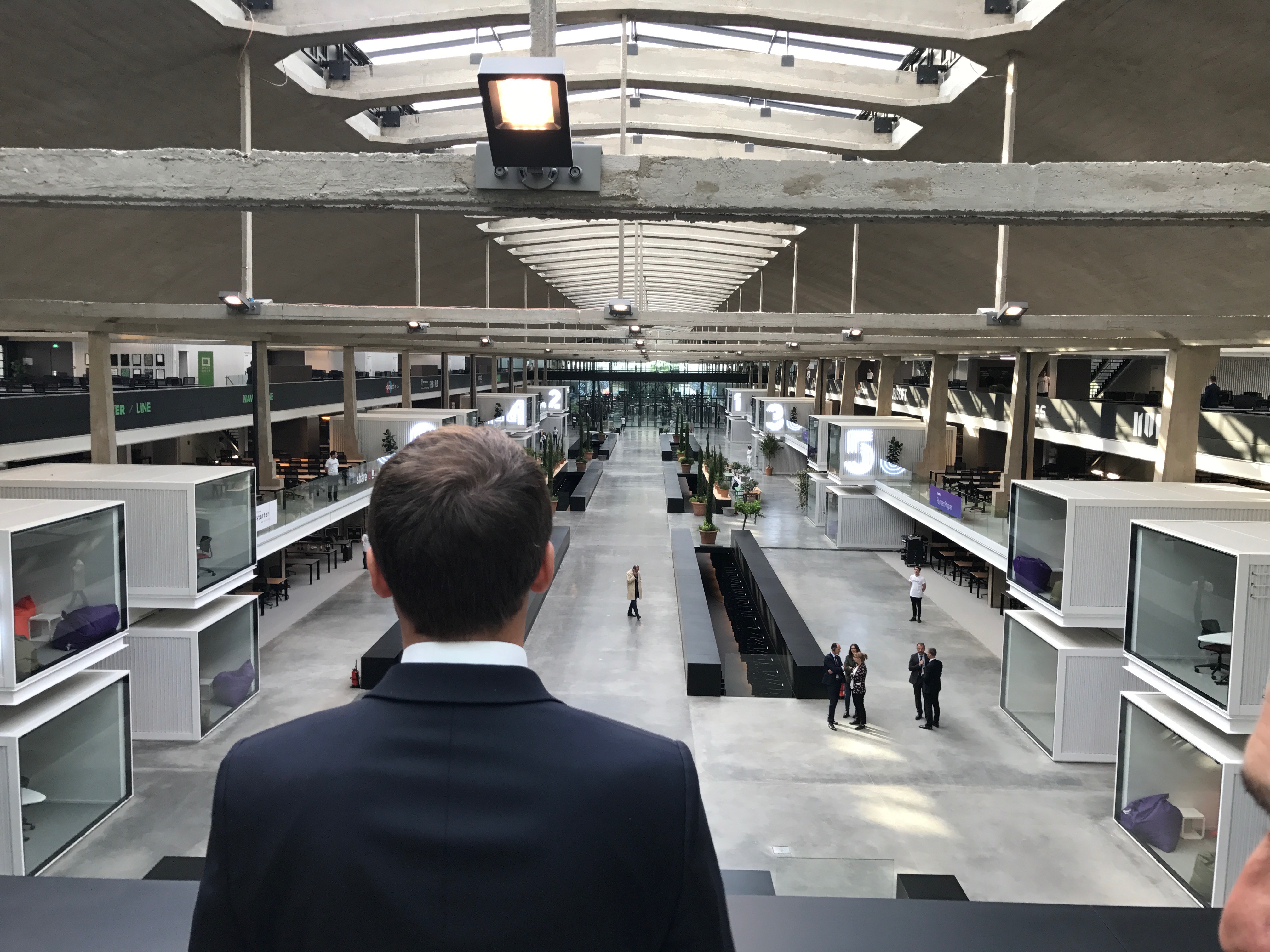In September 2019, President Emmanuel Macron was about to wrap up a speech on late-stage investment in France. According to a press briefing and some discussions with a source, everything that he was supposed to announce had been announced.
But he dropped an unexpected number. “I’ll leave you with a goal: there should be 25 French unicorns by 2025,” Macron said. A unicorn is a private company with a valuation of $1 billion or more.
When you mention France in a conversation with foreigners, they don’t immediately think about startups. In December 2018, I covered a two-day roadshow of the French tech ecosystem with 40 partners of international venture capital firms, as well as limited partners, from Andreessen Horowitz to Greylock Partners, Khosla Ventures and more.
The same clichés came up again and again — taxes, labor law, long lunches… You name them. But it doesn’t matter if those clichés are true or not (hint: They aren’t), the French tech ecosystem has been thriving. And 2019 has been a remarkable year when it comes to reaching unicorn status and raising late-stage rounds of funding.
A new group of unicorns
According to a recent report from VC firm Atomico, there are 11 unicorns in France. Some of them have been around for years, such as BlaBlaCar (a ride-sharing marketplace for long distance rides), OVHcloud (a cloud hosting company), Deezer (a music streaming service) and Veepee (an e-commerce company formerly known as Vente-privee.com).
But in 2019 alone, a handful of companies have reached unicorn status. Here are a few examples.
Meero: Meero has raised a $230 million funding round with Eurazeo, Prime Ventures and Avenir Growth leading the round. The company has built a marketplace of photographers all around the world. The startup matches companies that need beautiful shots with freelancers looking for clients.
If you’ve ordered food using a food delivery app or if you’ve booked a hotel room based on photos, chances are Meero has managed some of the photo shoots behind those images.
Meero takes care of the boring paperwork so that photographers don’t have to send a contract or collect money. And the company has also been working on automatic photo-editing algorithms.
Doctolib: Doctolib first started with a scheduling service for health practitioners. For a monthly subscription, you can replace your calendar with Doctolib and let the startup take care of your week. Patients can book an appointment on Doctolib’s website and everything stays in sync between your own calendar and your public calendar.
Doctolib has also grown tremendously. It has expanded to new countries (Germany) and now also works with hospitals. Some hospitals are now completely managed by Doctolib.
Back in March, Doctolib was working with 75,000 practitioners and 1,400 healthcare facilities. It’s easy to do the math and find out that the company is generating millions in monthly recurring revenue, which led the company to unicorn status.
Ynsect: As the name suggests, Ynsect transforms insects (and mealworms in particular) into proteins for animals. The company is now focused on building full-stack factories that are fully automated.
The company has raised a $125 million funding round earlier this year led by Astanor Ventures. Eventually, Ynsect wants to produce 200,000 tons of insect-based proteins near Amiens, France. While this is still a work in project, Ynsect hopes to reduce the environmental impact of animals and pets.
Unicorns in the making
There are others promising French companies that have already raised massive rounds of funding. They might not be unicorns today, but I wouldn’t be surprised to see them become unicorns in 2020 or 2021.
In this group of startups, you can find OpenClassrooms, ManoMano, PayFit, Shift Technology, Mirakl, Alan and others.
Other companies, such as Kyriba and Dataiku have also become unicorns in 2019. While they have been founded in France, they have relocated some of their activities to the U.S. since then.

Emmanuel Macron overlooking Station F
A long and boring growth story
By now, you might be wondering why 2019 was such a big year for the French tech ecosystem. The short answer is that nothing special happened.
There hasn’t been any drastic policy change, there hasn’t been a huge spike in foreign engineers relocating to France, there hasn’t been any big VC firm from Silicon Valley relocating to France.
The French tech ecosystem has been growing in the most boring way — steadily, years after years. Ecosystem changes take decades, not years. And it looks like things are going well.
Unfortunately, there’s still not enough liquidity on European public markets for big public exits. The next Google might be French, but it might become an American company before it gets to become the next Google.
That liquidity issue fosters other issues when it comes to acquisitions. There are a ton of small acqui-hires in France, but some of the biggest acquisitions often involve an American company.
Huge rounds and rising valuations are a great thing to celebrate, but it also makes you wonder what is going to happen when these companies need to find an exit. The stakes are now much higher and it’s unclear how it’s going to evolve. That’s why we’re still in the early days of the French tech ecosystem.
